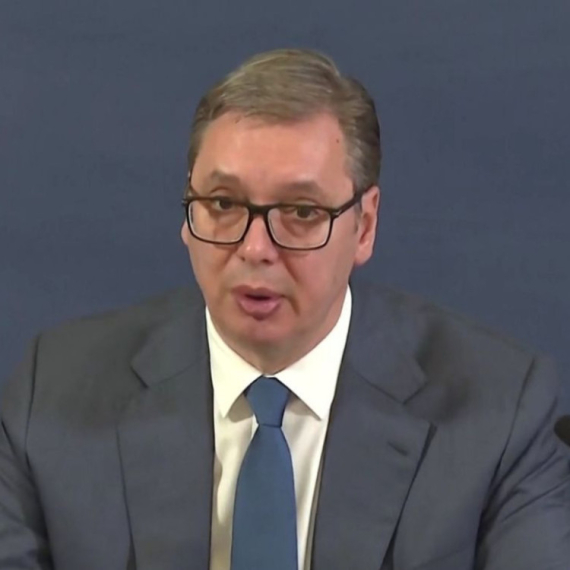"Cooperation with IMF, no financial deal"
Serbia should continue cooperating with the International Monetary Fund (IMF) without closing a financial arrangement.
Monday, 28.02.2011.
10:31

Serbia should continue cooperating with the International Monetary Fund (IMF) without closing a financial arrangement. This is according to economic adviser to the Serbian Prime Minister Jurij Bajec, who spoke on Sunday in Belgrade. "Cooperation with IMF, no financial deal" Bajec said that monitoring needs to be stepped up when it comes to the Fund for the implementation of public sector reforms, manner of conducting the country's monetary policy, completion of the privatization process and creation of a favorable business environment. "Regardless of whether the cooperation with the IMF would continue immediately upon the expiry of the current arrangement or some three months later, the Serbian government needs to tackle these issues in cooperation with its social partners because the reforms are not a simple task, although they are the only solution that can bring a more lasting improvement to Serbia," Bajec underscored. He specified that the new arrangement between Serbia and the IMF would represent a strengthened communication between the country and one of the world's leading financial institutions and a higher level of cooperation, rather than tightened-up control. Strengthening of this cooperation would imply more frequent visits of the IMF mission to Serbia and intensified monitoring of agreed changes, especially in the field of public sector reforms, Bajec explained. According to him, the assessment of the implementation of the agreed economic policy will be a public matter and both the local and foreign public and investors will have an insight into it. Serbia's current stand-by arrangement with the IMF, worth a total of EUR 2.9bn, expires in April.
"Cooperation with IMF, no financial deal"
Bajec said that monitoring needs to be stepped up when it comes to the Fund for the implementation of public sector reforms, manner of conducting the country's monetary policy, completion of the privatization process and creation of a favorable business environment."Regardless of whether the cooperation with the IMF would continue immediately upon the expiry of the current arrangement or some three months later, the Serbian government needs to tackle these issues in cooperation with its social partners because the reforms are not a simple task, although they are the only solution that can bring a more lasting improvement to Serbia," Bajec underscored.
He specified that the new arrangement between Serbia and the IMF would represent a strengthened communication between the country and one of the world's leading financial institutions and a higher level of cooperation, rather than tightened-up control.
Strengthening of this cooperation would imply more frequent visits of the IMF mission to Serbia and intensified monitoring of agreed changes, especially in the field of public sector reforms, Bajec explained.
According to him, the assessment of the implementation of the agreed economic policy will be a public matter and both the local and foreign public and investors will have an insight into it.
Serbia's current stand-by arrangement with the IMF, worth a total of EUR 2.9bn, expires in April.



























































Komentari 0